Top Halal Certification Issuer
Canada’s halal food market is projected to exceed $4.3 billion by 2029. Driven by a growing Muslim…
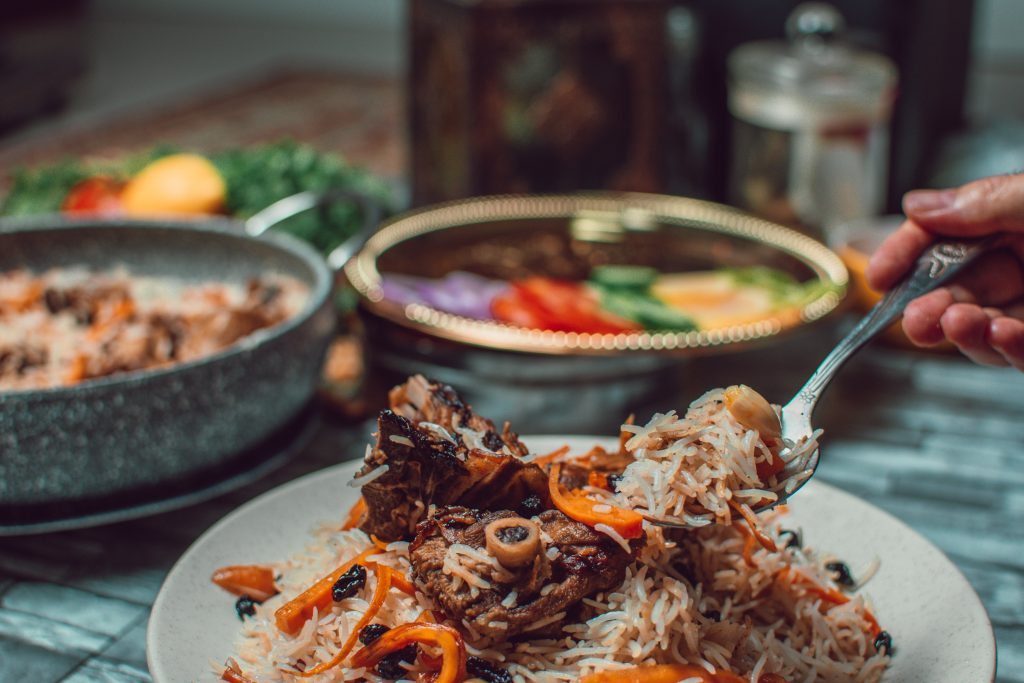
In Afghanistan, a meal isn’t complete until the guest is full—and then offered seconds
Afghan cuisine is more than just food—it’s a window into the heart of a culture built on family, tradition, and generosity. With every bite of fluffy rice, tender grilled meat, or spiced dumplings, you’re experiencing centuries of culinary heritage shaped by mountains, trade routes, and deeply rooted customs. As Afghan restaurants begin to flourish across Canada, now is the perfect time to discover the flavours, stories, and warmth that make Afghan food truly unforgettable.
Afghanistan’s geography has long made it a cultural and culinary crossroads. Sitting at the heart of the ancient Silk Road, Afghan cuisine absorbed influences from Persia to the west, India to the southeast, and Central Asia to the north—yet it evolved into something uniquely its own.
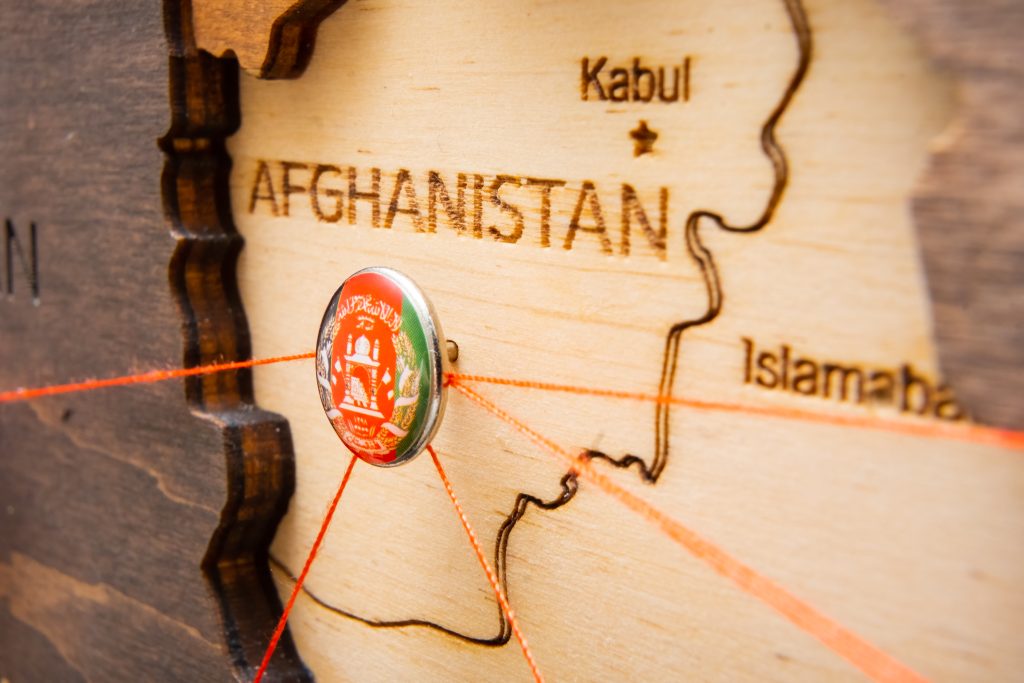
From Persia came the love of aromatic rice dishes like pulao, the subtle use of dried fruits and nuts, and a culinary elegance that celebrates balance over boldness.
While Indian cuisine is known for its bold and spicy flavors, Afghan food borrowed its use of spices—like cardamom, cumin, and coriander—but in a much milder, more fragrant way. Afghan cuisine emphasizes aroma and warmth rather than heat.
Dumplings like mantu and ashak, along with flatbreads and dairy products, reflect ties to nomadic Turkic and Mongol cultures. These dishes often carry memories of shared meals during long journeys across the steppes.
Afghan cooking isn’t about overwhelming the senses. It’s about harmony—between sweet and savory, richness and freshness, softness and crunch. Every dish is carefully designed to satisfy, not shock.
Afghan cuisine is centered around hospitality, and that hospitality is expressed through generous portions of thoughtfully prepared dishes. Whether served at a family gathering or in a restaurant in Toronto or Vancouver, these are the staples that define Afghan food.
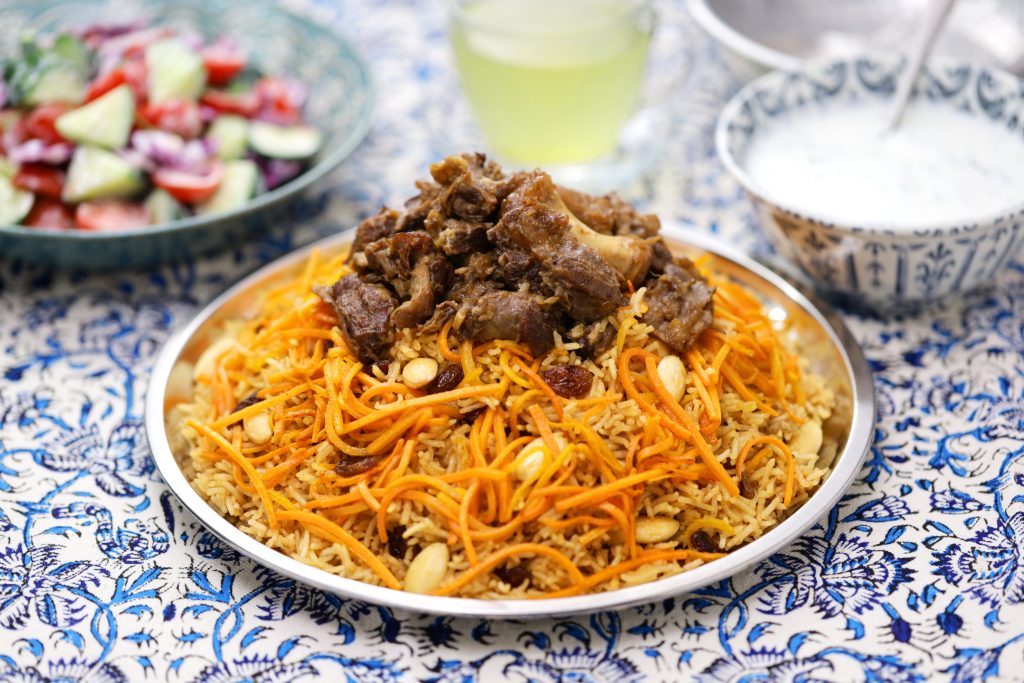
Kabuli Pulao is Afghanistan’s national dish—and for good reason. This fragrant rice dish is made with long-grain basmati rice, slow-cooked lamb or beef, caramelized carrots, raisins, and slivered almonds. It’s delicately seasoned with cardamom and cumin, offering a perfect blend of sweet and savory. No Afghan celebration is complete without it.
Afghan meals are almost always accompanied by naan—a long, flatbread baked in a traditional clay oven (tandoor). Soft on the inside and slightly crisp on the edges, it’s used to scoop up stews, dips, or just enjoy with tea and yogurt.
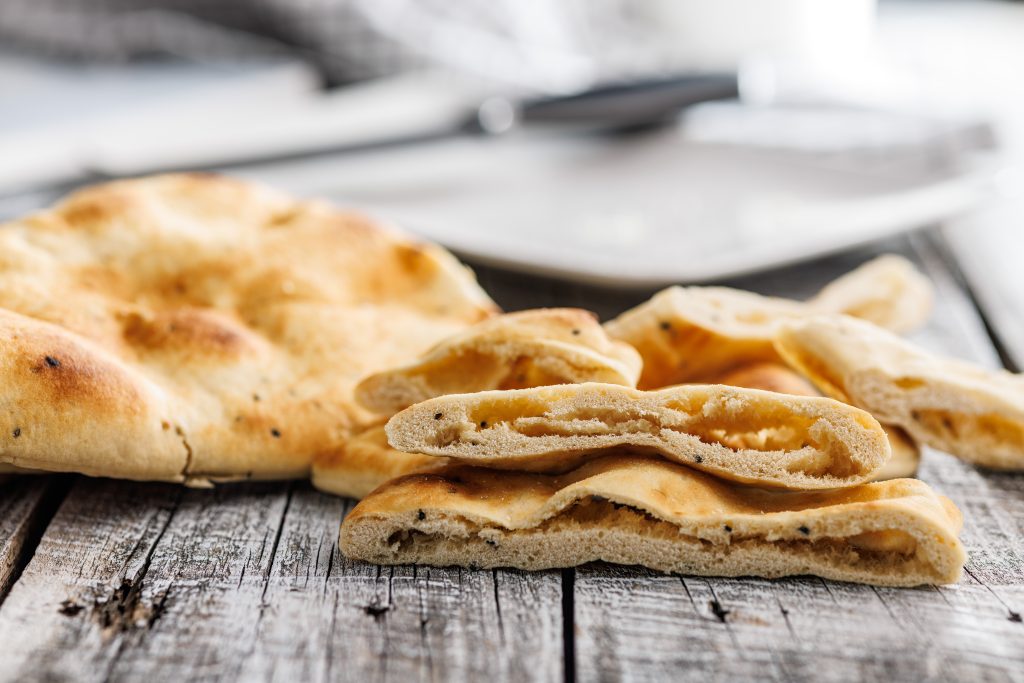
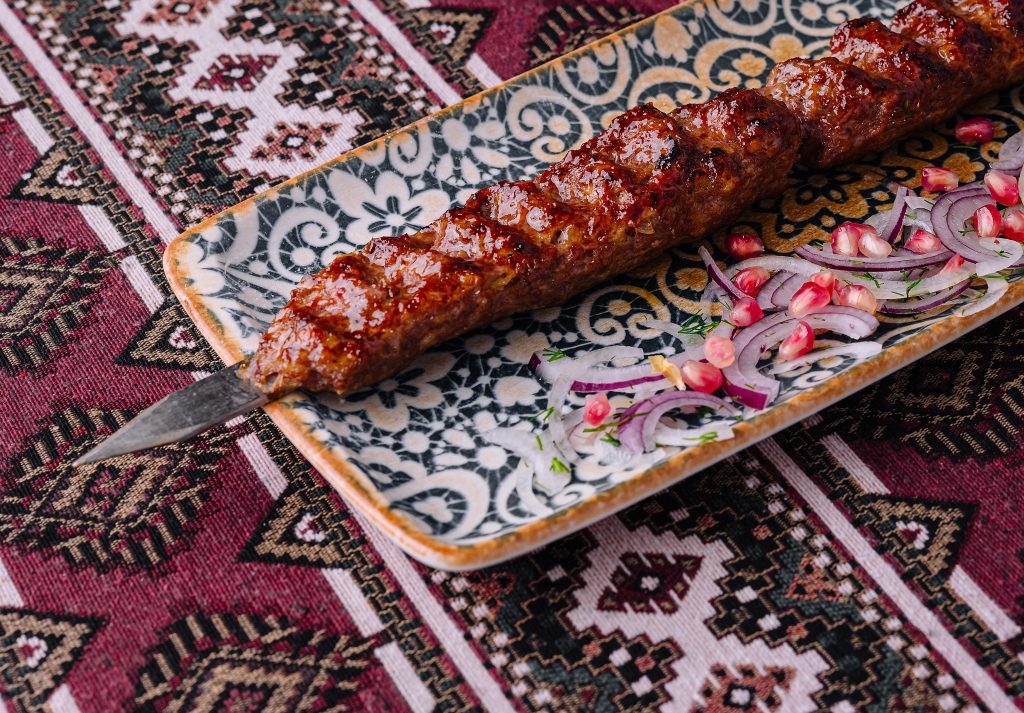
Kebabs are another beloved staple. Marinated in garlic, onion, lemon juice, and mild spices, cuts of lamb, beef, or chicken are skewered and grilled over open flames. Served with naan and chutney, they’re a simple but deeply satisfying part of Afghan cuisine.
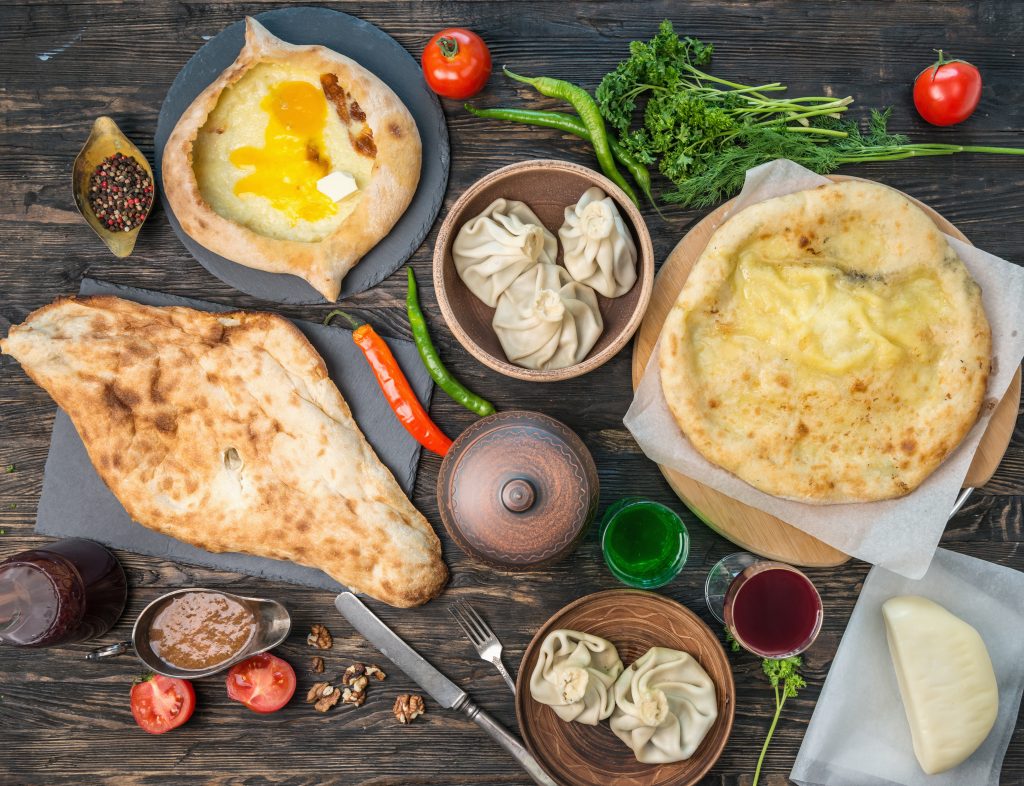
In Afghan culture, food is not just about nourishment—it’s a reflection of identity, values, and relationships. Every dish carries a deeper meaning, and every meal is an opportunity to connect, give, and share.
Hospitality (mehmaani) is not optional in Afghan society—it’s a sacred duty. Guests are honored with the best food in the house, often prepared with days of planning. Even unexpected visitors are welcomed as a blessing, not a burden. Serving plentiful food is seen as a sign of respect and affection.
Meals are traditionally served on a dastarkhan—a large cloth spread on the floor. Sitting together at the same level fosters a sense of equality, unity, and togetherness. Everyone eats from shared platters, reinforcing the values of humility and community.
Food is at the center of Afghan family life. Mothers and grandmothers are the keepers of traditional recipes, and children learn early that cooking is an act of love. Mealtimes bring families together daily, while special occasions—like weddings, Nowruz (Persian New Year), and Eid—turn the kitchen into the heart of the home.
Just like many Canadian households, Afghan families value mealtime as sacred. It’s not uncommon to gather around the table (or dastarkhan) without distractions, sharing stories, laughter, and comfort through food. It’s a reminder that across cultures, the family table remains a place of connection.
As Afghan communities grow across Canada, so too does their culinary presence. Afghan restaurants have become cherished spots in cities like Toronto, Vancouver, Calgary, and Montreal—welcoming everyone with generous portions, rich flavors, and a spirit of home.
Afghan restaurants are more than eateries—they’re cultural bridges. They offer Canadians a chance to explore Afghan food in its most authentic form, often prepared by families who brought their culinary traditions with them from Kabul, Herat, or Mazar-i-Sharif.
In Toronto and Mississauga, Afghan cuisine has carved out a strong presence, with restaurants ranging from cozy, family-run spots to elegant venues that serve Kabuli Pulao, mantu, and sizzling kebabs with equal pride.
Most Afghan restaurants offer a warm, inviting atmosphere—soft lighting, colorful carpets, traditional textiles, and, of course, the unmistakable aroma of grilled meats and saffron rice. Don’t be surprised if the portions are generous or if you’re offered tea at the end of your meal—it’s all part of the experience.
If it’s your first time trying Afghan food, start with:
These dishes showcase the range of flavors and textures in Afghan cuisine, offering something for everyone—from meat lovers to vegetarians.
By visiting Afghan restaurants, you’re not just enjoying a delicious meal—you’re supporting immigrant families, preserving culinary traditions, and helping Afghan culture flourish within the Canadian mosaic.
Looking for an Afghan restaurant near you?
Explore our curated list of Afghan restaurants across Canada.
Whether you’re in Toronto, Vancouver, Calgary, or anywhere in between, you’ll find authentic spots that serve food made with heart, heritage, and hospitality.
Afghan cuisine is more than just a culinary tradition—it’s a heartfelt expression of family, culture, and resilience. From the richly layered Kabuli Pulao to the delicate folds of mantu and the warmth of fresh naan, every dish tells a story passed down through generations.
As Afghan restaurants continue to grow across Canada, they offer more than meals—they offer connection. A connection to home for Afghan families, and a new cultural experience for Canadians eager to explore something authentic, comforting, and deeply human.
So next time you’re looking for something beyond the ordinary, take a seat at an Afghan table—whether at a local restaurant or by trying a dish at home.
You’re not just tasting food—you’re tasting history, hospitality, and the spirit of a people who know how to make everyone feel like family.